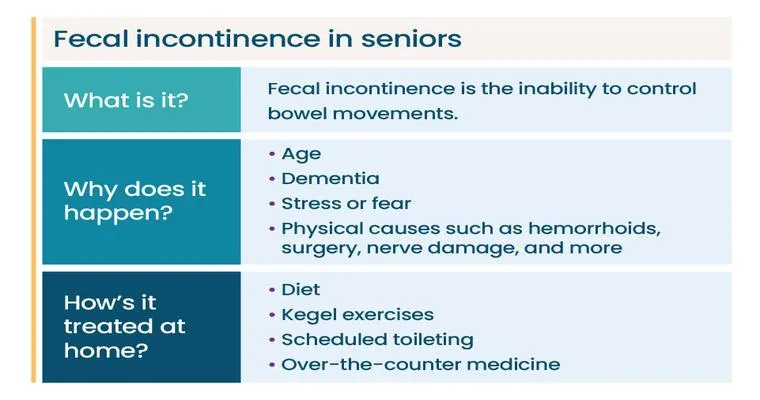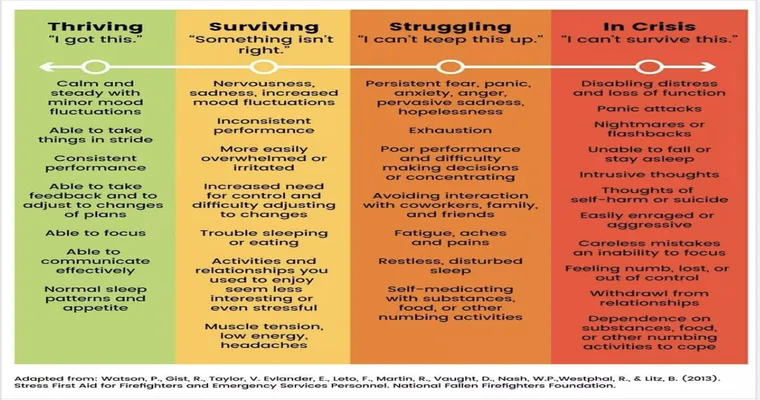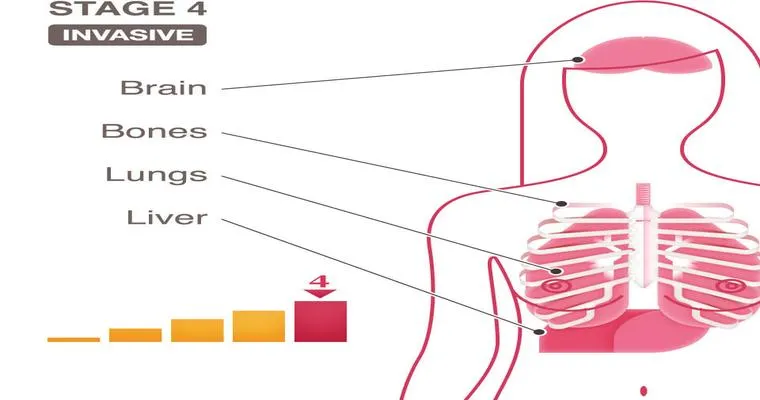Receiving a notice of "blood in stool" can be alarming, especially when caring for a loved one with "Alzheimer’s disease". For caregivers, the combination of managing "Alzheimer's symptoms" and navigating potential health issues can be overwhelming. Understanding the implications of this notice and what steps to take next is crucial for both the caregiver and the patient.
Blood in stool can indicate a range of health issues, from benign causes such as hemorrhoids to more serious conditions like gastrointestinal bleeding or colon cancer. For someone with Alzheimer’s, an early diagnosis is essential as it can impact their overall health management and quality of life. Caregivers need to be vigilant and proactive in addressing any health concerns.
The first step after receiving the notice is to consult with a healthcare provider. It’s important to discuss the findings and determine if further testing is necessary. This may include additional stool tests, blood tests, or imaging studies such as a colonoscopy. The doctor will consider the individual’s medical history, current medications, and any other symptoms present.
For caregivers, ensuring that the person with Alzheimer’s understands the need for medical evaluation can be challenging. Clear communication is key. It may be helpful to explain the situation in a simple and calm manner, reassuring them that this is a routine procedure to ensure their health. Providing comfort and support during medical visits can help alleviate anxiety.
In addition to medical concerns, caregivers should also focus on managing the emotional impact of this notice. It is common to feel anxious or stressed about potential health issues, especially when caring for someone with a progressive condition. Seeking support from friends, family, or support groups can provide relief and help manage the emotional toll.
Dietary changes may also be a consideration if blood in stool is confirmed. A healthcare provider may recommend a diet high in fiber or suggest avoiding certain foods that could irritate the gastrointestinal tract. Caregivers should be aware of the person's nutritional needs and work to maintain a balanced diet that supports overall health.
Monitoring for any additional symptoms is crucial. If the person with Alzheimer’s experiences changes such as increased fatigue, unexplained weight loss, or significant changes in bowel habits, these should be reported to the healthcare provider immediately. Early intervention can make a significant difference in outcomes.
In conclusion, receiving a notice of blood in stool for a loved one with Alzheimer’s requires careful attention and action. By consulting with healthcare professionals, maintaining open communication, and providing emotional support, caregivers can help navigate this challenging situation. Remember, staying informed and proactive is essential for managing health concerns in individuals with Alzheimer’s disease.





